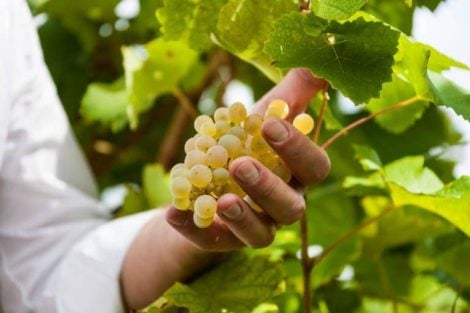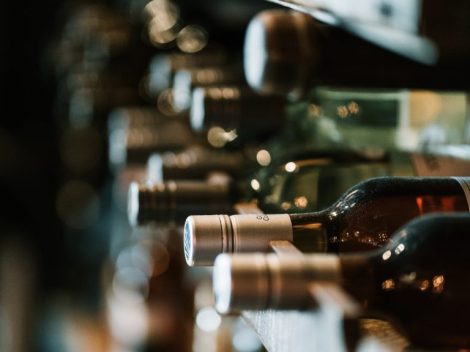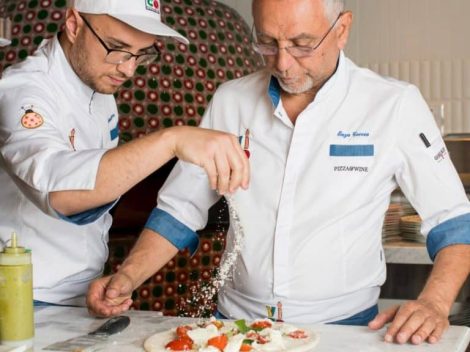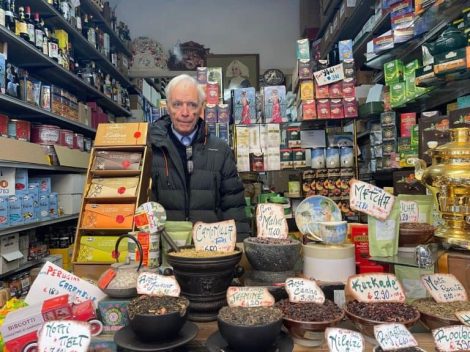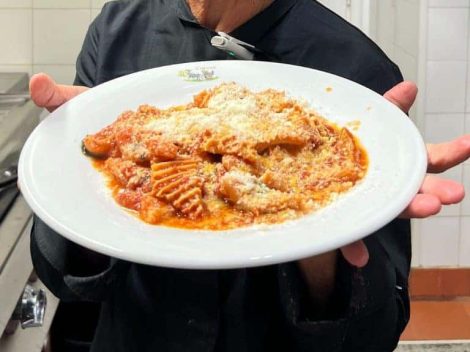"My beloved hometown has turned into a tourist hell. Do we really need to travel this way?" writes Italian journalist Ilaria Maria Sala in The New York Times about her Bologna. In the article, she describes: "Just over ten years ago, Bologna, my hometown, was not considered a major tourist destination. Tour groups came, but the city was mainly known for hosting one of the oldest universities in Europe. Its cuisine—dishes like tortellini and tagliatelle—was also an attraction, but in a modest way."
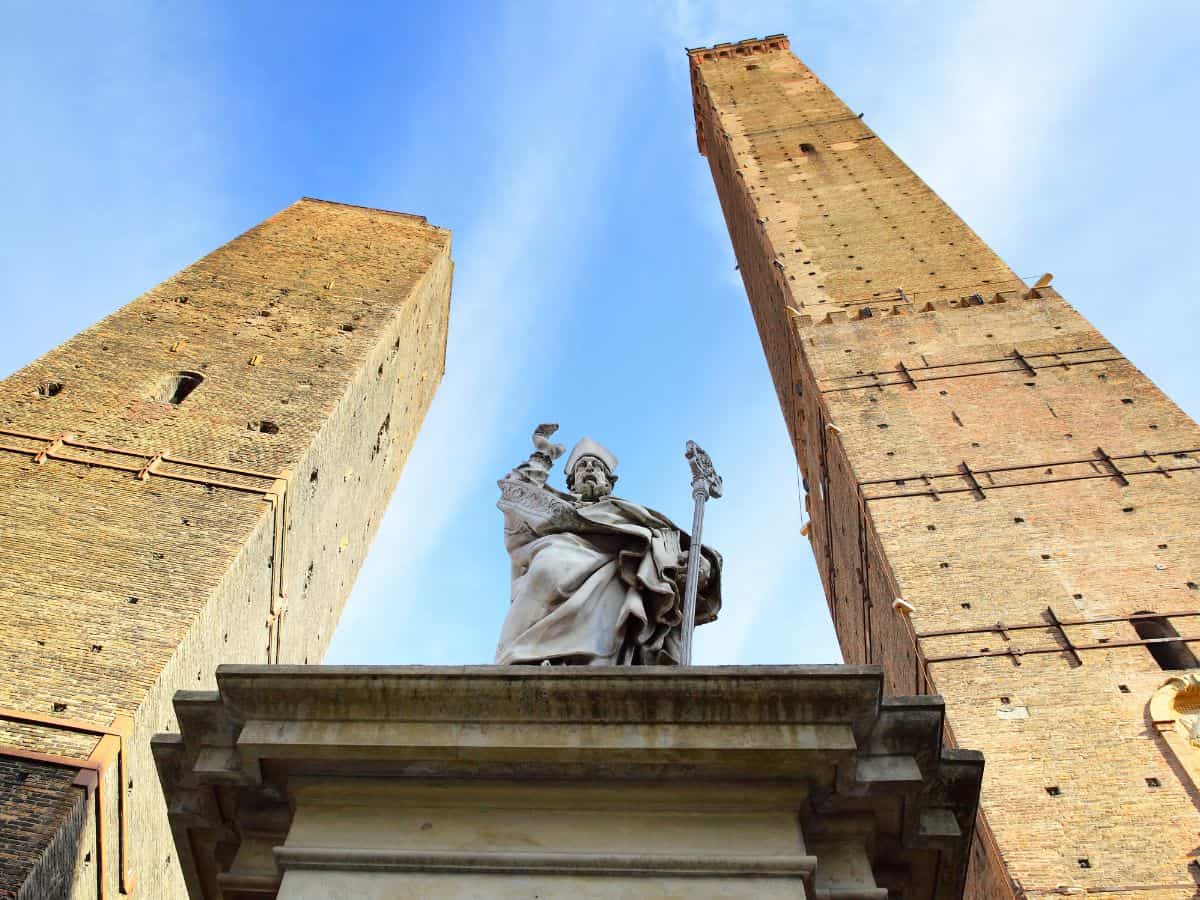
The mortadella factory called Bologna
Low-cost airlines, short-term rentals, and social media have changed everything. Some effects have been typical: landlords converting their apartments into short-term rentals, which has driven up accommodation prices and pushed students away from the university to smaller cities on the outskirts. "But one outcome has been particularly unique for Bologna: the consumption of absurd amounts of mortadella."
The slow "devouring" of the city—Sala continues—began before COVID, but it accelerated when, as in many cities, many independent shops, cafes, and restaurants in Bologna went out of business during the pandemic. Many historic establishments in the city center were bought by chains with deep pockets and a clear vision: to sell mortadella to foreigners.
The center has completely changed, Sala continues. In the streets around Piazza Maggiore, there used to be many small shops, historic stationery stores—one in particular sold fountain pens, inks of every color, and hand-bound notebooks. It had been there forever, but it was recently turned into an "Antica salumeria" (Old Delicatessen). It's part of a chain. Right across the street, in what I believe used to be a jewelry store, there’s a second so-called old butcher shop from the same chain. When I asked the shop assistant "how old," she replied that they had been open for three months. The loss of identity of the old shops is not the only symptom of a “bite-and-run” tourism (literally).
Fried tortellini and smiling pigs
Tour groups following megaphone-wielding guides through Bologna’s alleys tend to stop in front of the shops that have succumbed to the trend, now displaying mountains of mortadella in the windows. Sala is also struck by the endless representations of pigs. "In front of one shop, I saw statues of happy pigs holding the knives with which they would presumably be slaughtered to make mortadella. Pig faces on the logo of another shop. Realistic, stylized, and smiling pigs benevolently look down on the waiters below, who walk around with trays full of pork." And seeing tourists eating fried tortellini from a greasy paper cone, the author wonders if that type of tourist really believes they are having a local and authentic experience.
With summers getting hotter every year, flying from one side of an already overheated planet to another to consume large quantities of meat is a warning sign. The mass of tourists crowding Bologna’s ancient alleys seem stubbornly insistent that yes, you can still have all these things, even when all signs are saying the opposite.
If the students of the oldest and most venerable university in Europe flee to where rents are more affordable, Bologna is no longer "la Dotta" (the Learned). Nor is it "la Turrita" (the Towered, as the Garisenda Tower is unstable and cordoned off). Sala reflects that what remains of Bologna’s nickname "la Grassa" (the Fat) is only the "Grassa" part. "Do we really need to travel in this way?"
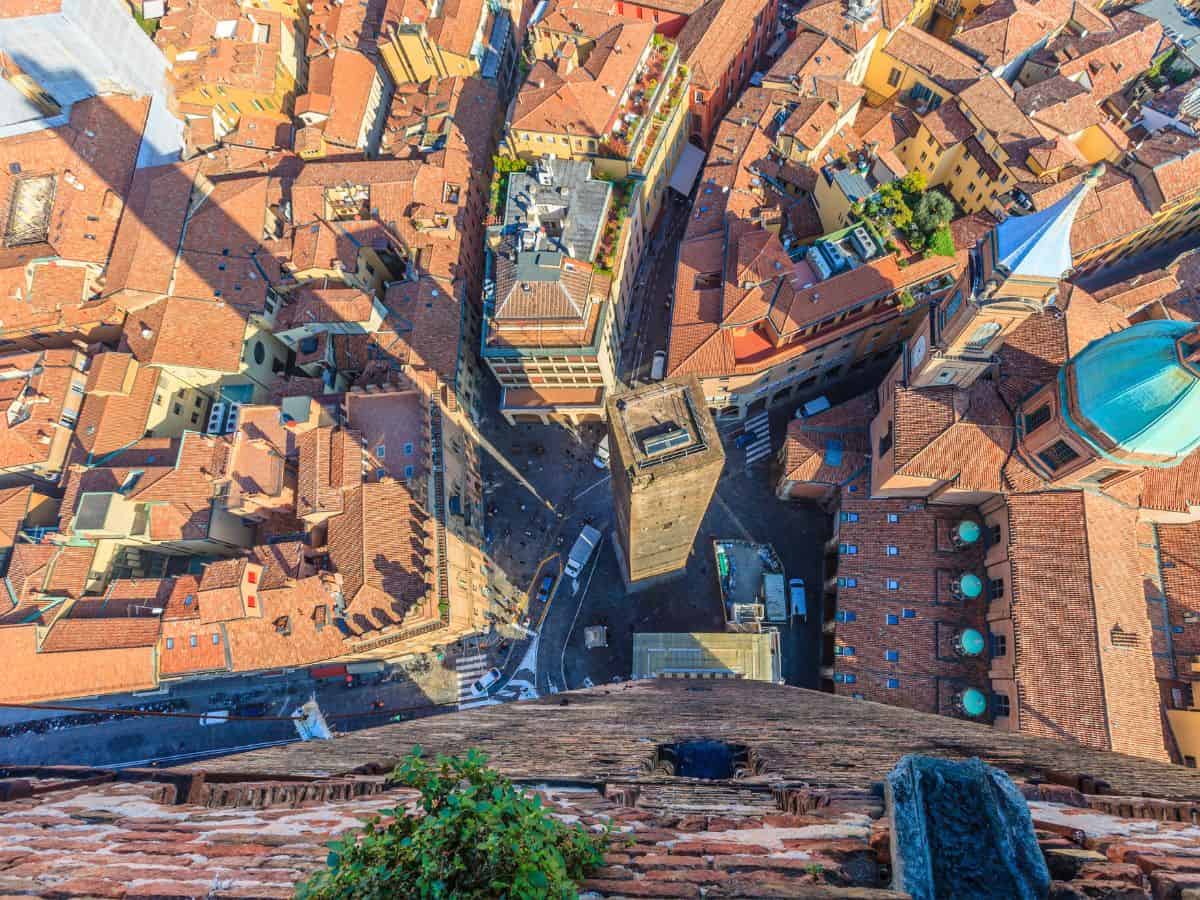
The Mayor's response
Bologna’s Mayor, Matteo Lepore, reacted to the article in The New York Times that highlighted the degradation of the city due to mass tourism and the loss of traditional landmarks. "I usually avoid responding to clichés about Bologna, but this time I cannot refrain since it’s being discussed by the world’s most widely read newspaper," the Mayor wrote in a letter to the American publication. "The article is by a certain Maria Sala, a journalist who claims to have been born under the two towers, but lives abroad and writes from Hong Kong. As mayor, I want to express my strongest indignation toward those who insult our city by portraying it as a magnificent mortadella factory, and for this reason, I decided to write directly to the prestigious American newspaper, highlighting the damage to our image caused by this article."

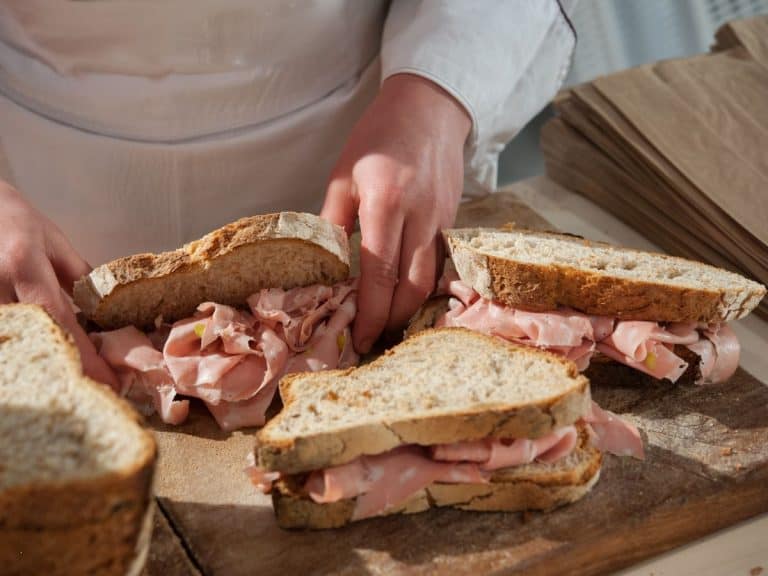
 Non-alcoholic wines? Call them what you want, but they’re still a derivative of wine.” An Interview with Martin Foradori
Non-alcoholic wines? Call them what you want, but they’re still a derivative of wine.” An Interview with Martin Foradori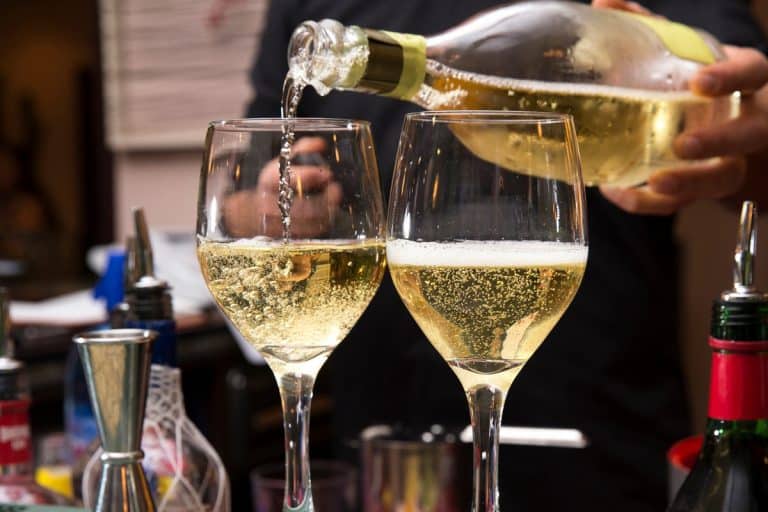 The 8 best Trentodoc wines chosen by Gambero Rosso
The 8 best Trentodoc wines chosen by Gambero Rosso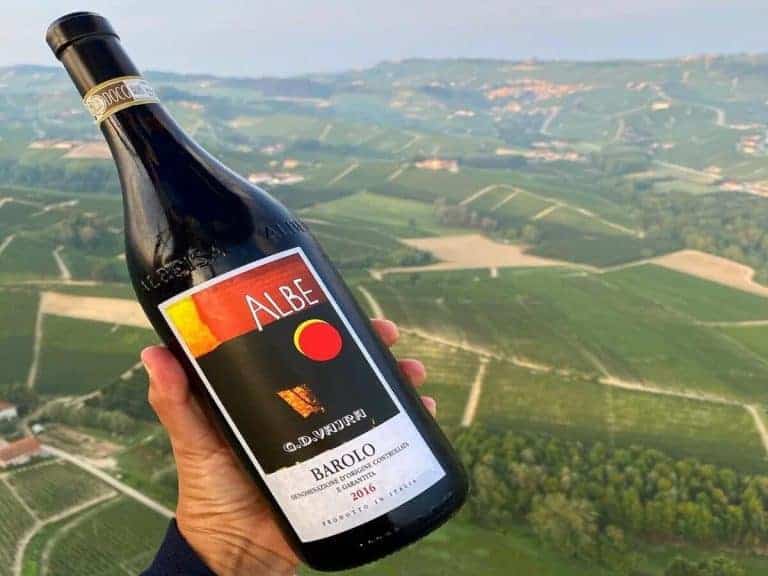 A Piedmont wine enters the top ten of Wine Spectator's "Top 100"
A Piedmont wine enters the top ten of Wine Spectator's "Top 100" Sparkling wines surpass still wines in Italian out-of-home consumption. Most popular during the aperitif
Sparkling wines surpass still wines in Italian out-of-home consumption. Most popular during the aperitif American Barbecue wins a Michelin star for the first time in history
American Barbecue wins a Michelin star for the first time in history